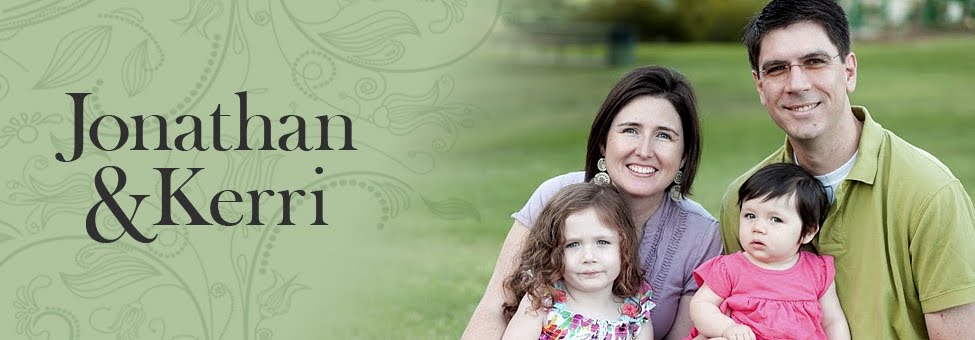If you follow my ministry updates on Facebook, you are likely aware that I've been re-reading Dallas Willard's The Divine Conspiracy. It is so good and I highly recommend it - I'll try and write a review when I'm done. In the meantime I came across a section that provoked some good thought for me, which I thought I'd go ahead and share with you. You're welcome ;).
The main focus of the book is Jesus' Sermon on the Mount and how followers of Jesus ought to live in light of those teachings. Willard (and Matthew) begins with the Beatitudes (Mt 5: 3-12), the "blessed are the poor, those mourn, the meek, etc." verses. Many times, we are taught that these verses should be read as "these are the traits of those who will enter the Kingdom." Through that lens, Jesus is saying that we need to be poor, mournful, hungry and persecuted in order to get into heaven. One problem with that interpretation is that it is easy to find people who fall into those categories who have absolutely no interest in kingdom living and it is also just as easy to find people who fall outside of those categories who are faithful disciples of Christ, living lives that clearly evidence the fruit of the Spirit. So it just can't be that poverty and suffering are, in and of themselves, a "get out of hell free" card nor that wealth and status automatically disqualify people.
So, if Jesus is NOT saying these things are required for entry into the kingdom, what might he be doing here? As I reflected on Willard's answer to that question (which is good, but I think not quite on the money), it occurred to me that what Jesus is actually offering here is HOPE. Each of these situations can feel quite hopeless, if viewed only through a temporal lens. Take the role of peacemaker, for instance. In a culture that is so polarized, the peacemaker is the person who can see truth and shortcoming on both sides and is constantly trying to bridge the gap. Or in race relations, the peacemaker is the person who has deep relationships with white people AND with black people and is constantly attempting to bridge the gap between the two. In neither case is the peacemaker generally welcomed as an insider to either group and, often, people in both groups are unhappy with her. How hard it can be to have hope in that situation. Hope of ever fitting in, hope of reconciliation between parties, hope of peace and rest. And yet, Jesus says "have hope peacemaker, you will be called a child of God." (Matt. 5:9) The world says "choose a side," but Jesus says "I see and value your peacemaking and you have the ultimate identity as child of my Father. You are my true sister and you have a valued place in my kingdom."
The hope of the Beatitudes lies in being seen and valued by the creator of the universe. It says that the things of this world matter little in God's economy and that his kingdom is available to all, no matter status or position. Jesus is not saying the kingdom is ONLY available to the poor, but he is clearly saying it is also not ONLY available to the wealthy. He exposes the lie that earthly prosperity is the mark of God's favor.
Take heart, you who are poor in this life, God's kingdom is available to you. Take heart, you who mourn a great loss, God sees you and will comfort you. Take heart, you who struggle to speak up and tend to hide in the background, God has an inheritance for you. Take heart, you who weep at the overwhelming presence of injustice in this world, you will see your longing for righteousness satisfied. Jesus sees us. Each of us. He cares. He does not value what the world values. Anyone can allow his kingdom to work in and through them. Every person matters in this light, because every person can be a conduit for God's grace, power and hope. The barista at Starbucks has just as much value and kingdom potential as the CEO. The barista's hope isn't in becoming CEO, his hope and joy is that he doesn't need to be CEO to matter and make an impact. And isn't that what we all want? Good news indeed.
.jpg)
Love this Kerri thanks for putting your thoughts into words.
ReplyDelete